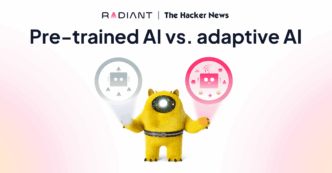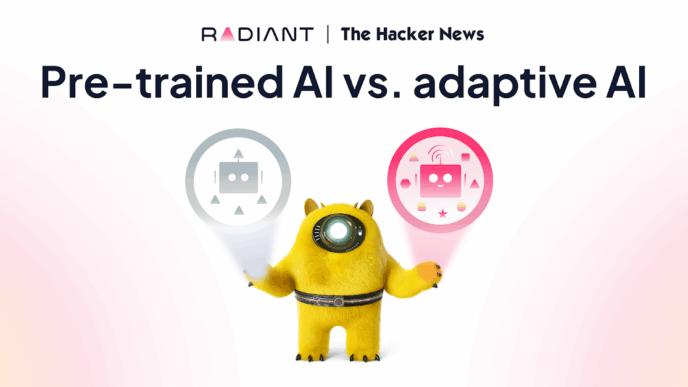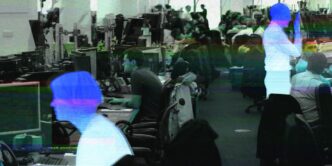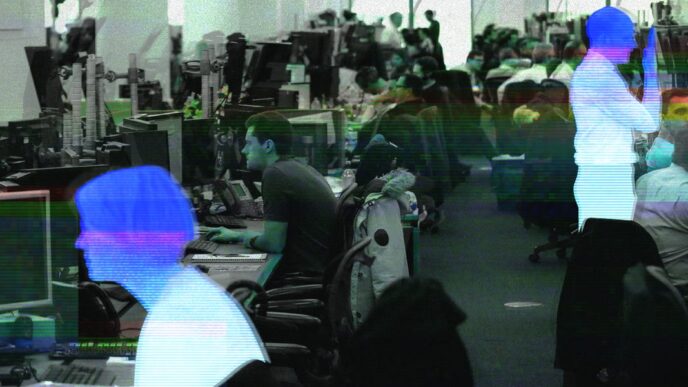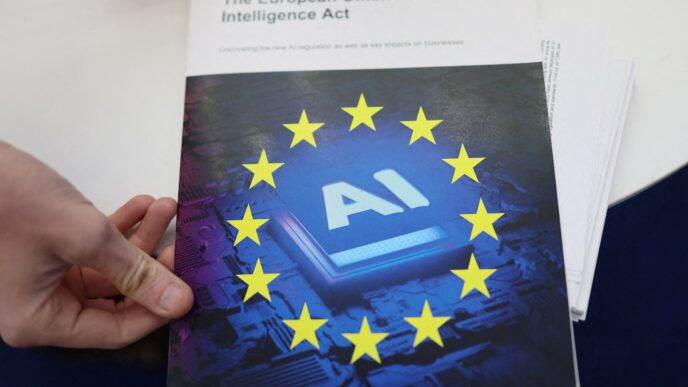Columbia University Fertility Center rolled out an AI system called STAR that found hidden sperm in a man diagnosed with azoospermia after years of unsuccessful IVF attempts. The system scanned a semen sample, locating sperm invisible to human technicians, enabling the couple’s first pregnancy after 18 years.
The STAR method (Sperm Tracking and Recovery) uses a high-speed camera and imaging to take over 8 million photos of the sample in under an hour. It isolates sperm cells into tiny media droplets, allowing embryologists to retrieve them gently and use them for fertilization.
After multiple failed IVF rounds with no sperm found, the STAR system identified three sperm cells, which fertilized eggs and resulted in a pregnancy due in December.
Dr. Zev Williams, who led development at Columbia, said:
“A patient provided a sample, and highly skilled technicians looked for two days through that sample to try to find sperm. They didn’t find any. We brought it to the AI-based STAR System. In one hour, it found 44 sperm. So right then, we realized, ‘Wow, this is really a game-changer. This is going to make such a big difference for patients.’”
The method targets men with azoospermia—a condition affecting about 10% of infertile men where no sperm are detected in semen samples. Traditional treatments involve painful surgeries to extract sperm from testes.
Williams added:
“It’s like searching for a needle scattered across a thousand haystacks, completing the search in under an hour and doing it so gently, without any harmful lasers or stains, that the sperm can still be used to fertilize an egg.”
The STAR system costs just under $3,000 and is currently available only at Columbia. The team plans to publish their findings and share the technology widely.
AI’s role in fertility care is growing, from analyzing egg quality to embryo health predictions, but some experts urge caution. Dr. Gianpiero Palermo from Weill Cornell stressed that current AI models need more validation and human expertise remains essential.
Palermo explained:
“Maybe the AI addition may help to retrieve the spermatozoon a little faster and maybe one more than the embryologist.”
“In my opinion, this approach is faulty because inevitably some men will have no spermatozoa,”
Other research teams, including one in Canada, are also using AI to find rare sperm faster. Fertility specialists say AI helps identify sperm and embryos that human eyes miss, improving IVF outcomes.
Dr. Aimee Eyvazzadeh, reproductive endocrinologist, said:
“AI isn’t creating sperm – it’s helping us find the rare, viable ones that are already there but nearly invisible.”
“It’s a breakthrough not because it replaces human expertise, but because it amplifies it – and that’s the future of fertility care.”



